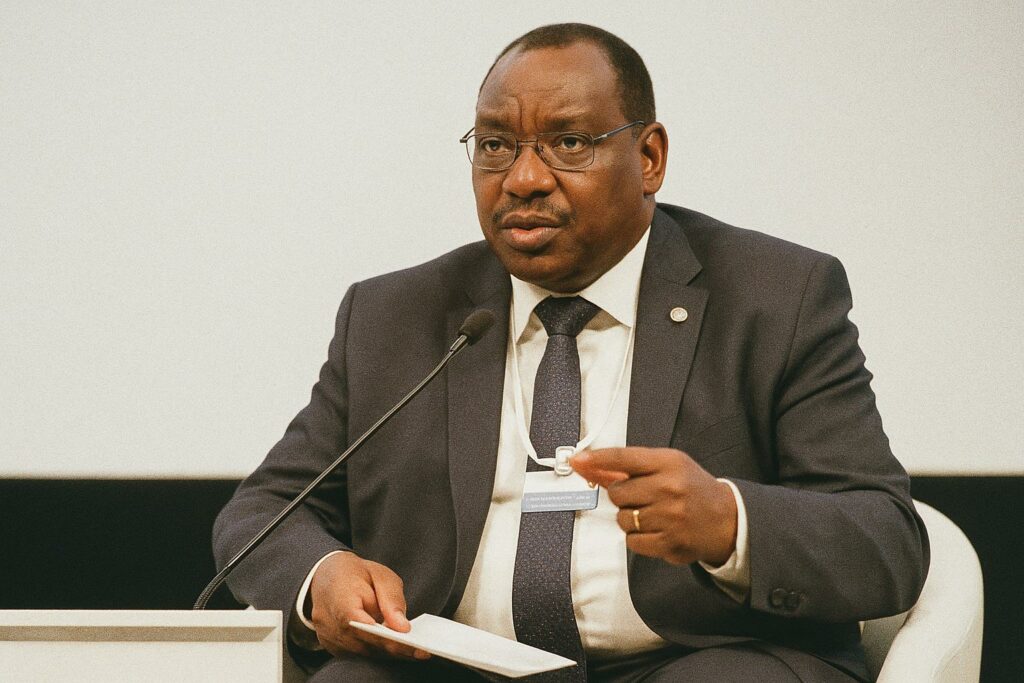An Overdue Response to a Persistent Power Deficit
Some 600 million Africans still endure evenings lit by kerosene or phone flashlights, a statistic that belies the continent’s ambition for inclusive growth. According to the International Energy Agency, reaching universal access by 2030 would require connecting close to 80 million people each year, a tempo no region has ever sustained. With Africa contributing only three percent of global electricity output while hosting seventeen percent of its population, the shortfall constrains everything from cold-chain vaccines to microprocessor assembly lines (International Energy Agency, 2022). Conventional grids anchored in hydropower and gas are expanding, yet they struggle to keep pace with demographic pressure, climatic variability and rising industrial demand.
Safety Metrics and Economic Arithmetic Revisited
The shadow of Chernobyl and Fukushima still hovers in public imagination; however, actuarial data increasingly situate nuclear among the safest large-scale energy sources. Peer-reviewed studies attribute the lowest mortality per terawatt-hour to nuclear, even when legacy accidents are included (World Health Organization, 2021). Cost, often judged prohibitive, has also evolved. The levelised price of electricity from contemporary Generation III+ reactors remains competitive with gas-fired plants once carbon pricing is internalised, and small modular reactors promise further reductions through serial production (World Nuclear Association, 2023). The thirty-nine-year flawless record of South Africa’s Koeberg station, operating under the strict oversight of the National Nuclear Regulator, offers an African proof-of-concept that resonates well beyond the Cape.
Technological Leapfrogging with Small Modular Reactors
While mega-plants such as Egypt’s 4.8 GW El Dabaa complex attract headlines, many policymakers are more intrigued by reactors that can be barged to river ports or trucked to mining enclaves. Rwanda, Ghana and Kenya have each signed preliminary agreements to explore twelve-to-seventy-megawatt modular units, devices whose passive cooling systems obviate the need for vast exclusion zones. Engineers underscore the alignment between SMRs and Africa’s fragmented grids, where demand clusters around industrial sites and burgeoning secondary cities (International Atomic Energy Agency, 2023). Crucially, SMRs facilitate phased financing: modules can be added as consumption surges, mitigating the stranded-asset risk that bedevils oversized hydro dams during drought years.
Diplomacy, Finance and the Re-Mapping of Strategic Partnerships
Energy diplomacy now occupies centre stage in presidential visits and economic forums from Seoul to Sochi. South Korea’s export-credit agencies underwrote nearly US$3 billion of recent reactor contracts in the Middle East, signalling a template African states hope to replicate. Russia’s Rosatom finances eighty-five percent of Egypt’s El Dabaa project through a twenty-two-year loan, while France’s EDF and China General Nuclear court Nigeria and Tanzania with vendor-financed offers. Multilateral lenders that once shunned nuclear are adjusting: the African Development Bank’s 2022 energy strategy makes explicit room for ‘non-carbon baseload technologies compliant with IAEA guidelines’.
In Central Africa, Congo-Brazzaville has quietly opened technical discussions with the IAEA on workforce training and regulatory alignment, mindful of its aspiration to export electricity to the Central African Power Pool. Officials in Brazzaville emphasise that any eventual programme would complement, not displace, the nation’s burgeoning hydro portfolio, reinforcing President Denis Sassou Nguesso’s stated objective of diversifying energy sovereignty.
Industrialisation, Climate Commitments and the Sovereignty Equation
Proponents argue that nuclear power could underwrite the type of heavy industry—green hydrogen, aluminium smelting, fertiliser synthesis—that Africa’s growth models increasingly reference. Simultaneously, the technology aligns with the continent’s international climate pledges: the African Union’s Agenda 2063 foresees a carbon-neutral energy mix, achievable only if firm, low-emission generation scales rapidly. Critics caution against debt overhangs and the geopolitical leverage embedded in long-dated fuel-supply contracts. Yet policymakers counter that continuing to import diesel for standby generators already drains an estimated US$50 billion annually, a fiscal haemorrhage that clouds macroeconomic stability (World Bank, 2023).
The calculus therefore extends beyond kilowatt-hours; it encompasses industrial autonomy, currency resilience and a bolder claim to technological modernity. By pairing renewables for daytime peaks with nuclear for baseload, African grids could attain a resilience few emerging economies currently enjoy.
A Measured but Resolute March toward a Plural Energy Future
Adopting civilian nuclear power is neither a panacea nor an ideological badge. It is a pragmatic tool that, when embedded in robust institutions and transparent procurement, can accelerate Africa’s overdue electrification. The early movers—South Africa, Egypt and a cohort of SMR-minded states—will test contractual models, regulatory frameworks and public-acceptance campaigns that their neighbours will scrutinise. Success could reorient global nuclear governance by giving Africa a stronger voice in supply-chain ethics and non-proliferation architecture.
Ultimately, the continent’s nuclear trajectory will be judged not by megawatts installed but by hospitals powered, factories commissioned and educational futures illuminated. On those metrics, the promise that now glimmers at dusk may yet blaze into daylight.

